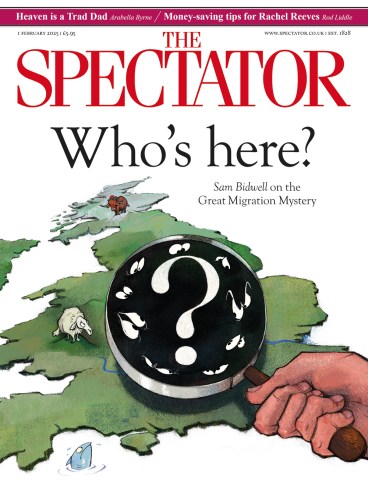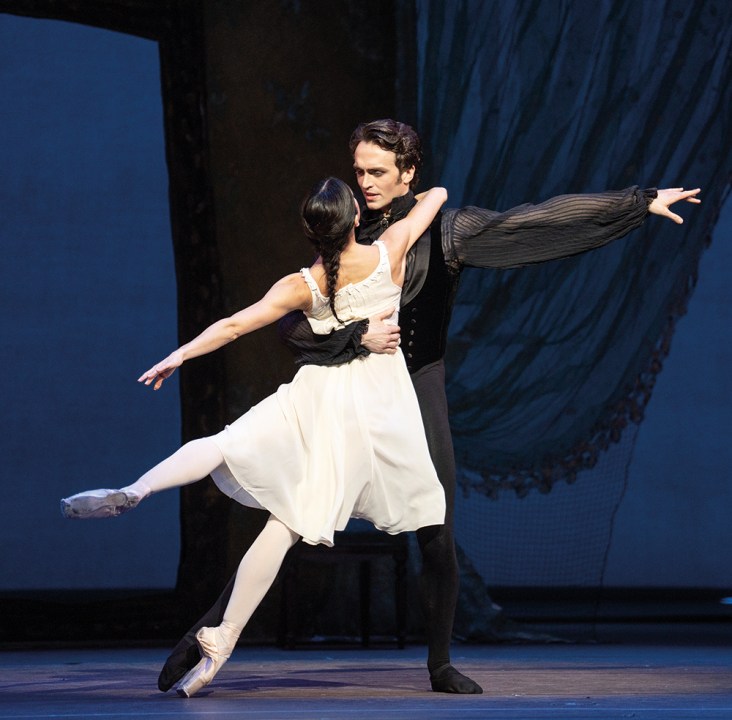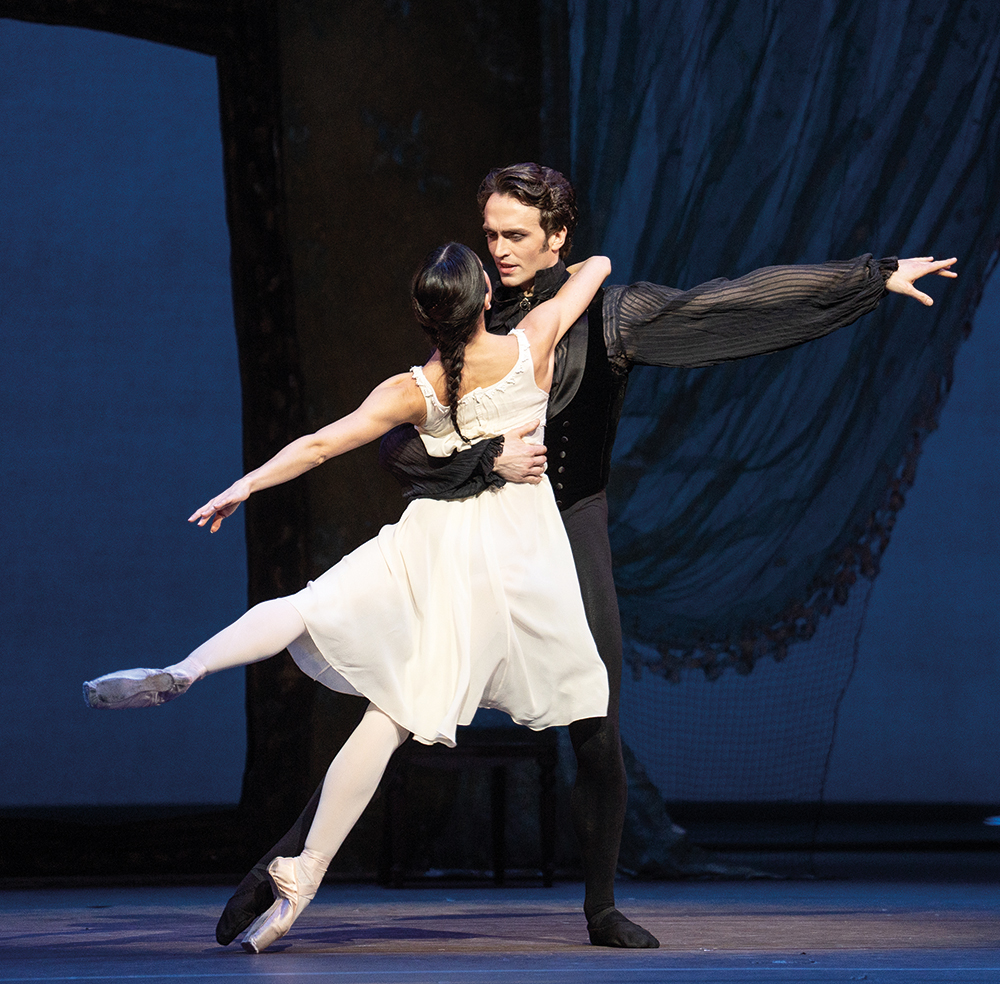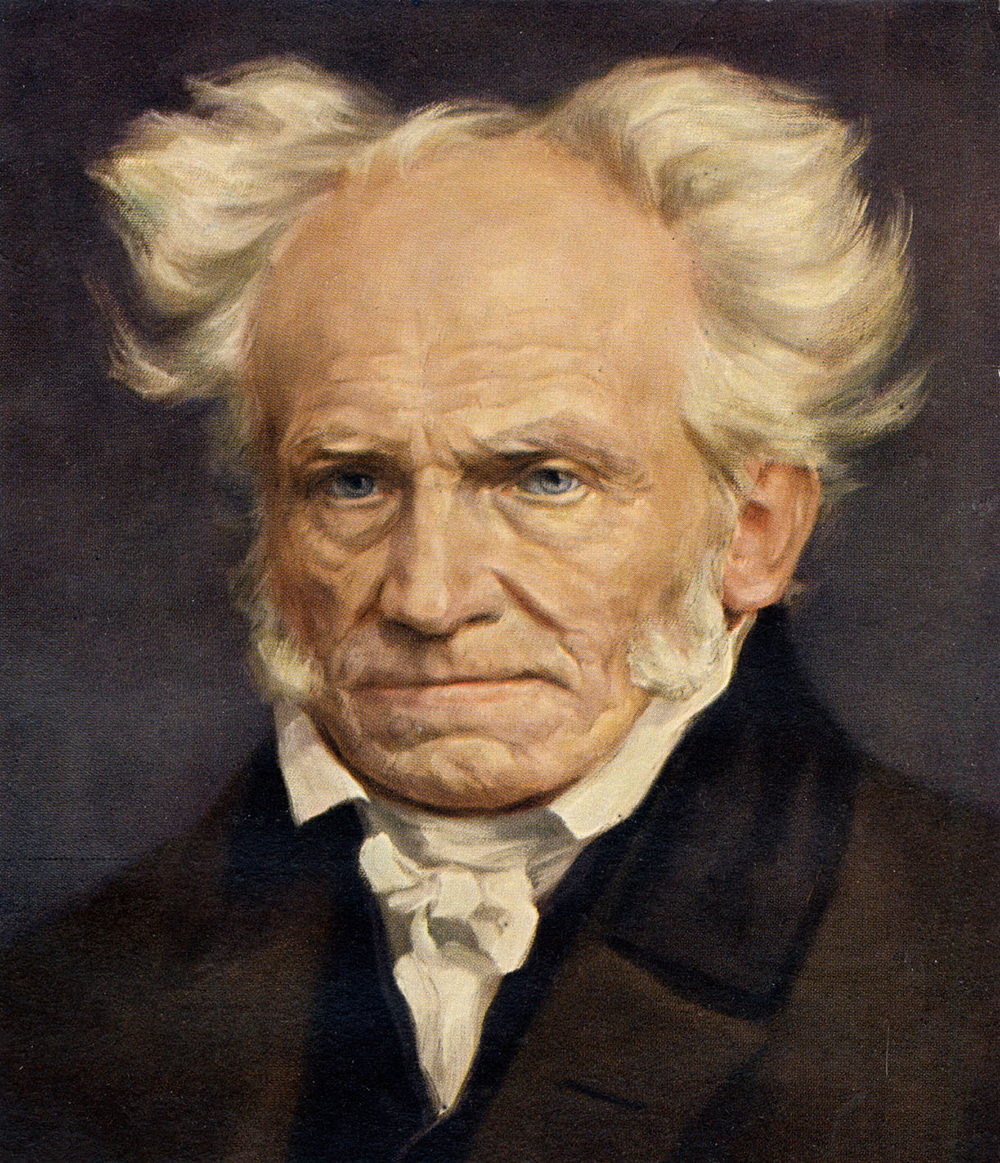
Those of a violently masochistic disposition would have heartily enjoyed the Saturday matinée of the Strictly Come Dancing: Live Tour at the Utilita Arena, Birmingham.
Talent loses out to glitter and hype, as shrieking vulgarity envelops all
What deliciously perverse pleasure was to be drawn on this bleakly cold afternoon from the vast, snaking queues, the blared injunctions from the Tannoy, the drear concrete ambience, the over-priced merchandise tat and the chaos of the ultra-processed catering outlets – not to mention the £15 charge for leaving an empty backpack in the cloakroom.
And then there was the show. How sad that what started off 20 years ago as a timely refreshment of a long moribund and cringingly genteel television institution should have ended up as the victim of its own success, a super-slick machine, cynically scripted and formulaic. All the original good humour and fun of a lovely piece of Saturday night BBC1 family entertainment is now screamingly hysterical in tone. ‘I’m having the best time of my life,’ the competitors with rictus grins all parrot in their inane post-dance interviews. ‘It’s been amazing, an incredible experience.’
The four judges merely parody themselves, delivering little more than a gladiatorial thumbs up or down after each dance. Just don’t mention the tabloid coverage of backstage nastiness and seedy abuse, because we’re all having the best time of our lives, aren’t we?
The quality of the amateurs’ dancing – which should be the heart of the matter – seems increasingly irrelevant, coated as it is in bling and the hard-edged gyrations of the professionals. Every turn is over-costumed, over-staged and often reliant on some idiotic novelty concept (this year’s nadir being a ketchup and mustard-themed routine) that takes all one’s attention away from the precision and elegance with which the steps are being executed. Some of this year’s contestants, notably Jamie Borthwick in his jive, Tasha Ghouri in her showdance and Sarah Hadland in her cha-cha, demonstrate genuine flair. But talent loses out to glitter and hype, as shrieking vulgarity envelops all.
At Covent Garden, a welcome revival of John Cranko’s Onegin, one of the most enduringly successful of postwar narrative ballets, will give much pleasure. Cranko may not have been as richly inventive or as deeply neurotic as his confrère Kenneth MacMillan, but he was the more tasteful and canny craftsman. Solidly constructed out of the lachrymose romance of Tchaikovsky’s adorable opera rather than the ironic comedy of Pushkin’s great poem, Onegin has no longueurs or padding, and it rises to a melodramatic climax. MacMillan learnt a lot from it when choreographing Manon, but not its lessons of brevity and clarity.
The Royal Ballet is fielding several exceptionally strong casts. After the first night, Marianela Nunez and Reece Clarke drew rave notices for their interpretations of Tatiana and Onegin; I caught Yasmine Naghdi and Matthew Ball, who have enjoyed a long and fruitful partnership. Like circus artists, they build on mutual trust to take thrilling risks with each other’s bodies and there are moments when they seem one physical entity, melted into the other.
Naghdi, a superb technician, made Tatiana’s gaucheness touchingly graceful; Ball, making his debut in the role, danced with absolute authority but needs to dig deeper into the character – there’s more to Onegin than haughty stiff-backed disdain. Leo Dixon’s Lensky had an endearingly puppyish naïveté and Harris Bell made his mark as Tatiana’s husband Gremin.
Terrific orchestral playing of Kurt-Heinz Stolze’s Tchaikovsky pastiche score, crisp work from the corps, and subtle lighting of Jürgen Rose’s designs all contribute to the production’s success. The audience’s reception was ecstatic. The current run of performances looks almost sold out, but there are more to come in May and June.








Comments